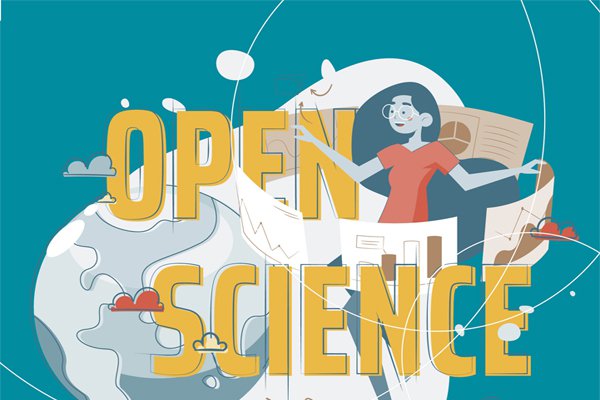
Theories of Open Science: Unveiling the Secrets of Shared Knowledge
Theories of Open Science: Unveiling the Secrets of Shared Knowledge https://opusproject.eu/wp-content/uploads/2023/11/card-open-science-fund.jpg 600 400 Open and Universal Science (OPUS) Project Open and Universal Science (OPUS) Project https://opusproject.eu/wp-content/uploads/2023/11/card-open-science-fund.jpgOpen science is like a treasure chest of knowledge, waiting to be unlocked and shared with the world. But how does it work, and what are the theories behind it? In this article, we will explore the theories of open science in simple language to help you better understand this exciting concept.
What is Open Science?
Open science is all about making scientific research and knowledge available to everyone, not just a select few. It’s like sharing the recipe for a delicious cake so that anyone can bake it. This approach aims to make science more transparent, accessible, and collaborative.
Theories of Open Science
- Transparency Theory
Imagine if scientists conducted their experiments behind closed doors and never shared their methods or findings. Open science challenges this idea. The transparency theory argues that research should be open and transparent. Scientists should share their methods, data, and results with the public, allowing others to see how they arrived at their conclusions.
- Collaboration Theory
Collaboration is a cornerstone of open science. Instead of working in isolation, scientists collaborate with others worldwide. This theory believes that sharing ideas and working together can lead to faster and more accurate scientific discoveries. It’s like having a global team of scientists working on a problem together.
- Accessibility Theory
Accessibility theory focuses on making scientific knowledge accessible to everyone, regardless of their background or location. This means making research papers, data, and other scientific resources freely available to the public. Just like how we share our favorite recipes online, open science wants to share scientific knowledge for everyone to benefit.
- Reproducibility Theory
In science, it’s essential that experiments and studies can be repeated to verify the results. The reproducibility theory emphasizes the importance of sharing all the necessary details for others to replicate a study. This way, the scientific community can confirm the findings and build upon them.
- Citizen Science Theory
Citizen science involves regular people, not just scientists, in scientific research. This theory believes that anyone can contribute to science. Whether you’re counting birds in your backyard or analyzing data from your computer, you can be part of scientific discoveries. Open science encourages citizens to become active participants in the research process.
- Inclusivity Theory
Inclusivity theory focuses on involving a diverse group of people in scientific endeavors. It believes that by including people from various backgrounds, cultures, and experiences, we can address a broader range of research questions and develop more well-rounded solutions.
The Key Theories for a Brighter Future
The theories of open science are like guiding principles that lead the way in the world of shared knowledge. Open science promotes transparency, collaboration, accessibility, and inclusivity. It encourages the sharing of research, so anyone can access and contribute to the global pool of knowledge. Just like sharing your favorite recipes with friends, open science lets us share the secrets of science with the world, making it a better place for all.
Photo via NWO
- Posted In:
- Open Science News




